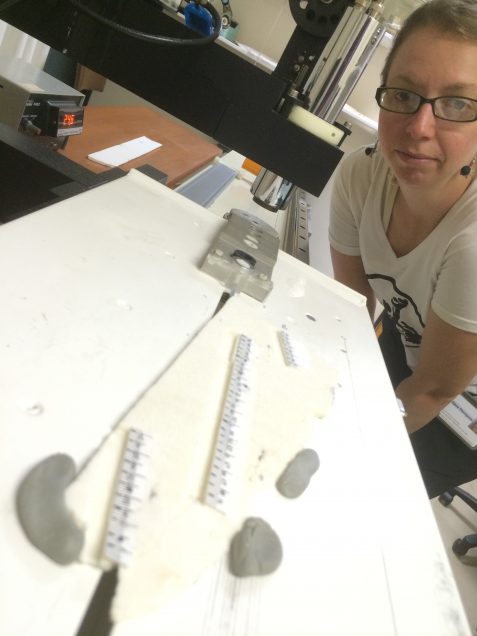Coral growth variability and susceptibility to ocean acidification

Ocean warming and acidification as a result of increasing atmospheric CO2 may cause tropical coral reef ecosystems to cross a critical tipping point and transition to algae dominated reefs (Hoegh-Guldberg et al. 2007). Because coral reefs host a diversity of marine species and provide a range of human goods and services, great efforts have been made in recent years to determine the resilience of coral-reef ecosystems to the impacts of climate change and pinpoint regions to focus management efforts (e.g. Hughes et al. 2003; West and Salm, 2003). Annually banded corals provide an ideal archive for studying tropical climate and coral growth rate variability in the past and constrain predictions of coral-reef resilience for the future. However, there have been few comprehensive studies of both growth and geochemistry of such coral archives, so we do not have a very good understanding of the resilience of corals to changing ocean chemistry or the influence of coral growth rates on the climate records obtained from coral skeletal geochemistry. In this project, we assess variability and trends in ocean pH, upwelling, sea surface temperature and salinity, and coral growth at sites across the equatorial Pacific Ocean, spanning a natural gradient of background climate and ocean chemistry.
This network of paired coral growth and geochemical records will improve our understanding of coral growth rate variability and trends in tropical Pacific Ocean corals and the influence of such growth rate variability on coral proxy climate records. Finally, and most importantly, the results of this study will also provide critical insight into the magnitude of ocean acidification and the influence of this acidification on coral growth at these sites. We can therefore use these data to assess whether particular regions (e.g., the Galapagos with historically low and variable pH) may be more resilient (or more vulnerable) to future changes in ocean acidification.
Collaborators
- Dr. Neal Cantin, Australian Institute of Marine Science
- Dr. Julia Cole, University of Arizona
- Dr. Janice Lough, Australian Institute of Marine Science
- Dr. Malcolm McCulloch, University of Western Australia